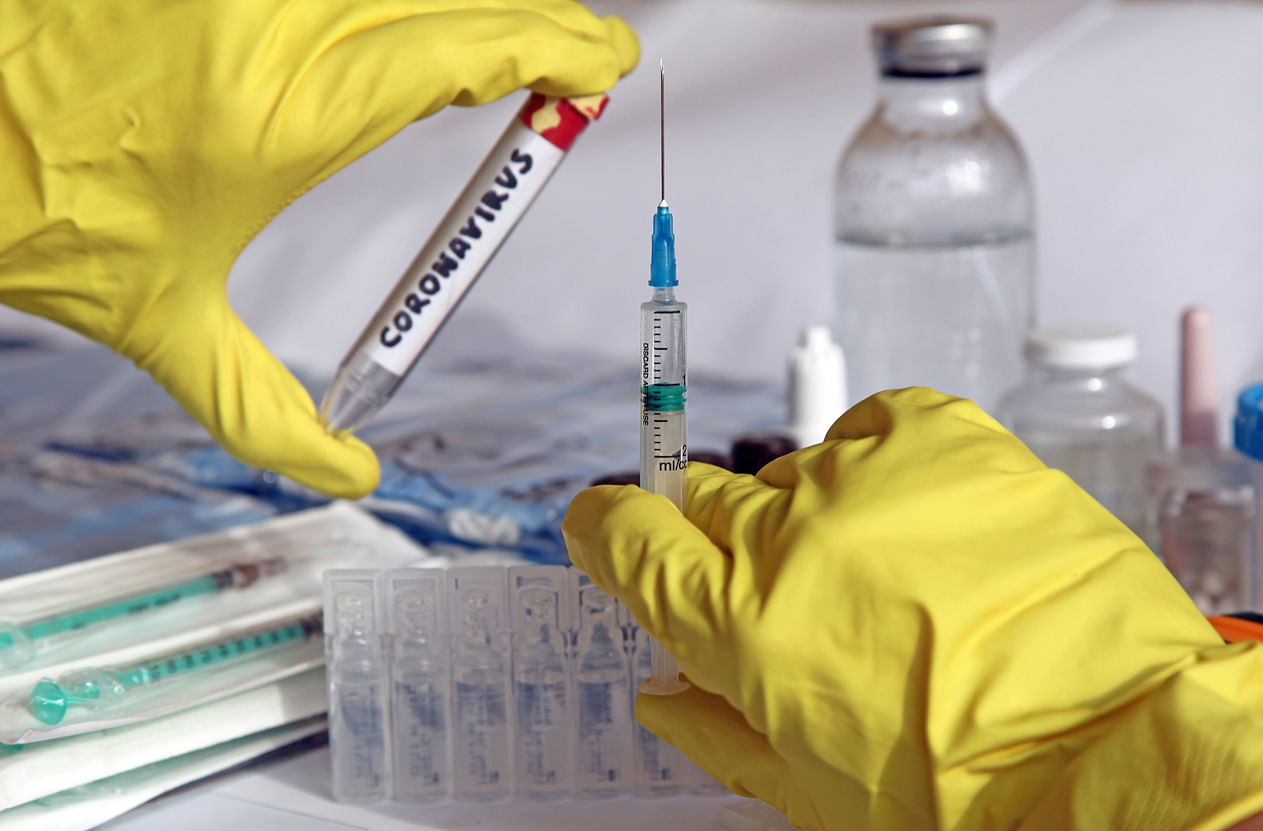
The first clinical trial results from the much talked-about Russian Sputnik-V Covid-19 vaccine have shown that it is safe and generates immunity responses against the virus within 21 days, raising hopes for a weapon against the pandemic.
Russian authorities are in talks with India to undertake a larger trial as well as manufacture of the vaccine.
Results from an early phase trial on 76 people demonstrate the vaccine has a good safety profile with no serious adverse events detected over 42 days. Moreover, it induces immune responses in all participants within 21 days. The result also offers a hint that the vaccine may offer a long term protection against Covid-19.
The result of the trials was published in Lancet on Friday.
Large, long-term trials including a placebo comparison and further monitoring are now needed to establish the long-term safety and effectiveness of the vaccine for preventing Covid-19. The trials mostly involved young adults aged 20-30 years.
“The study is a little underpowered with only 40 volunteers in Phase 2. Otherwise the vaccine appears to be reasonably well tolerated and raises decent antibodies and T-cell responses,” senior virologist Shahid Jameel, who heads the Department of Biotechnology-Wellcome Trust partnership programme and not involved with the trial told DH.
In a statement issued by Lancet, Russian scientists said more research was needed to evaluate the vaccine in different populations, including older age groups, individuals with underlying medical conditions, and people in at-risk groups.
In the last couple of months, Sputnik-V triggered a lot of controversy with experts blaming Russia for jumping the gun as Moscow officially hailed it as the world’s first vaccine against Covid-19 without completing the three-phase clinical trial process -– the regulatory benchmark for any new drugs and vaccine.
In August, Russian president Vladimir Putin announced that one of his daughters was successfully vaccinated with Sputnik-V after she developed fever.
The developers at the N F Gamaleya National Research Centre for Epidemiology and Microbiology studied a frozen and a freeze-dried formulation of the recombinant vaccine during the trial.
The frozen formulation is envisaged for large-scale use using existing global supply chains for vaccines, while the freeze-dried formulation was developed for hard-to-reach regions as it is more stable and can be stored at 2-8 degrees Celsius.
The trials mostly involving young adults aged 20-30 years were conducted in two hospitals.
The frozen vaccine was tested in a branch of Burdenko Hospital, an agency of the Ministry of Defence, and involved both civilian and military volunteers.
The freeze-dried vaccine took place at Sechenov University and all volunteers were civilians. All participants provided written informed consent.
"The study is a little underpowered with only 40 volunteers in Phase 2. Otherwise the vaccine appears to be reasonably well tolerated and raises decent antibodies and T cell responses," senior virologist Shahid Jameel, who heads the Department of Biotechnology-Wellcome Trust partnership programme and not involved with the trial told DH.
The T-cell response or long term immunity response is a crucial secondary outcome of the result indicating the vaccine’s potential.
In a statement issued by the Lancet, Russian scientists said more research was needed to evaluate the vaccine in different populations, including older age groups, individuals with underlying medical conditions, and people in at-risk groups.
